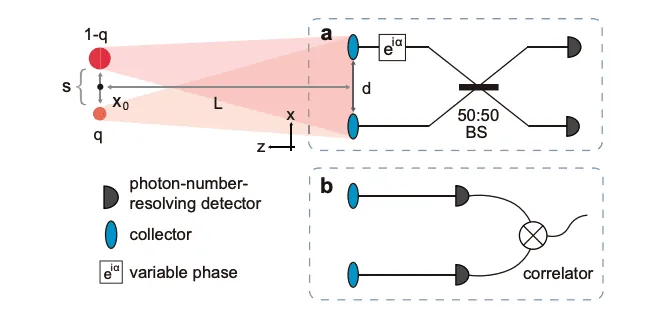
Unlocking the Secrets of Stuttering: New Genetic Insights Could Revolutionize Treatment
2025-09-14
Author: Wei
Groundbreaking Findings at STARS Conference
At the recent STARS (Stuttering Treatment and Research Society) Inaugural Education and Research Conference in sunny Dana Point, California, Dr. Shelly Jo Kraft revealed groundbreaking data highlighting the genetic and comorbidity aspects that could transform our understanding of stuttering and its treatment.
A Revolutionary Approach to Treatment
Kraft, who directs the Behavior, Speech & Genetics Lab at Wayne University, proposed an innovative model that parallels asthma treatment. Just as asthma therapies consider associated comorbidities, so too should stuttering treatments incorporate various factors such as metabolic and gut health, ADHD, sleep disorders, respiratory issues, inflammation, and allergies.
Genomic Discoveries: Unlocking Genetic Links
In a stunning announcement, Kraft shared that recent genome-wide association studies (GWAS) have pinpointed significant genes related to stuttering. One key highlight was the ZMAT4 locus, which is notably significant in individuals of African descent, while the FAM49A locus showed strong links to developmental stuttering in Europeans.
Among the intriguing findings was the Ssu-2 Homolog (SSUH2) gene, which influences muscle control and exhibits connections to muscle rippling disease—where symptoms bear similarities to stuttering. Kraft also revealed the gene's expression in the gut, hinting at a potential link between serotonin levels, gut health, and the comorbidities often seen in people who stutter.
Expansive Comorbidity Insights
Kraft's research, recently published in *Nature Genetics*, stands as the largest genetic study involving stuttering, analyzing nearly 100,000 cases against a staggering 1 million controls. This comprehensive examination unearthed 57 distinct genomic regions and 48 genes tied to stuttering, revealing shared genetic risk profiles with conditions like ADHD, anxiety, asthma, depression, and more.
To validate the genetic insights, Kraft and her team created the Other Health Inventory for Individuals who Stutter (OHI). By scanning a QR code, participants could anonymously report symptoms, shedding light on areas such as gastrointestinal issues, respiratory challenges, and sleep problems.
Charting a New Course in Understanding Stuttering
Equipped with these findings, Kraft advocates for the establishment of an endophenotype—defining it as a reliable biological trait that closely links to the root causes of stuttering. This pioneering approach could revolutionize how interdisciplinary treatment teams identify and support individuals who stutter.
Kraft emphasized the urgency: "To make progress, we must integrate screenings, assessments, and treatment recommendations for coexisting conditions within the stuttering population." The implications are profound, paving the way for holistic treatment paradigms that could change lives.
Join the Revolution in Stuttering Research!
As the stuttering research community gears up for exciting developments, stay tuned for insights and breakthroughs that can empower those impacted by this complex communication disorder.


 Brasil (PT)
Brasil (PT)
 Canada (EN)
Canada (EN)
 Chile (ES)
Chile (ES)
 Česko (CS)
Česko (CS)
 대한민국 (KO)
대한민국 (KO)
 España (ES)
España (ES)
 France (FR)
France (FR)
 Hong Kong (EN)
Hong Kong (EN)
 Italia (IT)
Italia (IT)
 日本 (JA)
日本 (JA)
 Magyarország (HU)
Magyarország (HU)
 Norge (NO)
Norge (NO)
 Polska (PL)
Polska (PL)
 Schweiz (DE)
Schweiz (DE)
 Singapore (EN)
Singapore (EN)
 Sverige (SV)
Sverige (SV)
 Suomi (FI)
Suomi (FI)
 Türkiye (TR)
Türkiye (TR)
 الإمارات العربية المتحدة (AR)
الإمارات العربية المتحدة (AR)